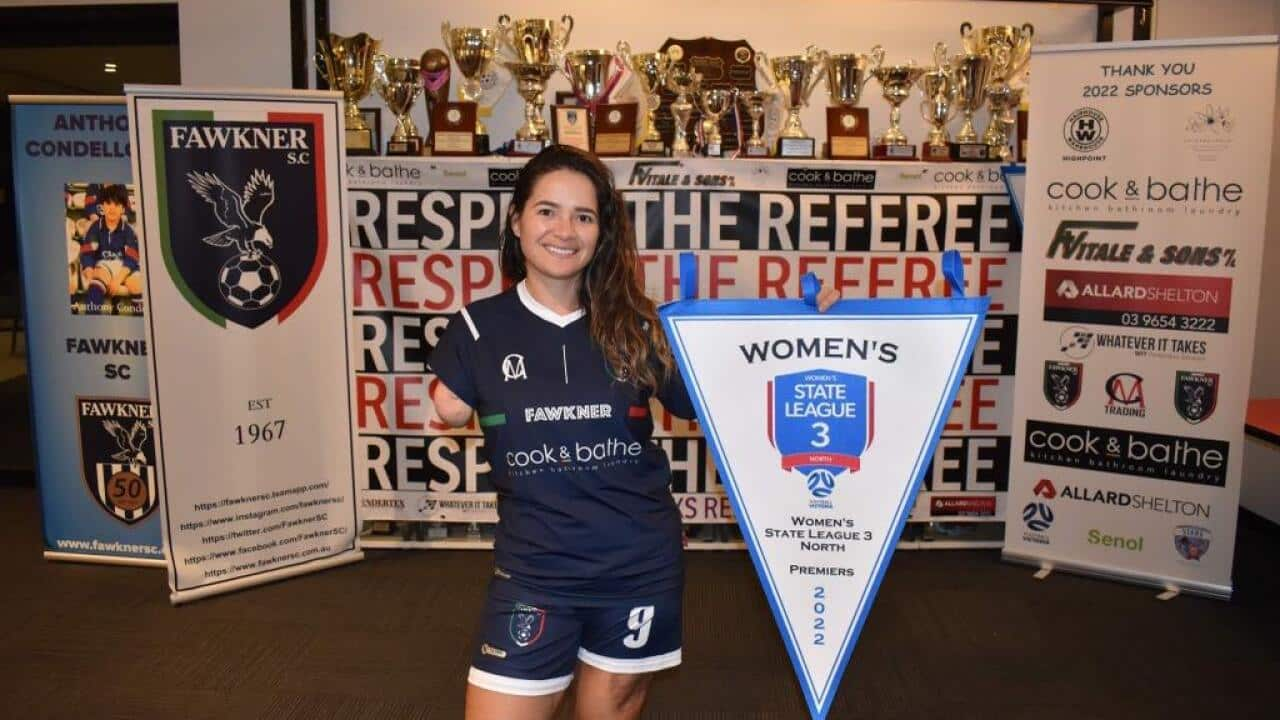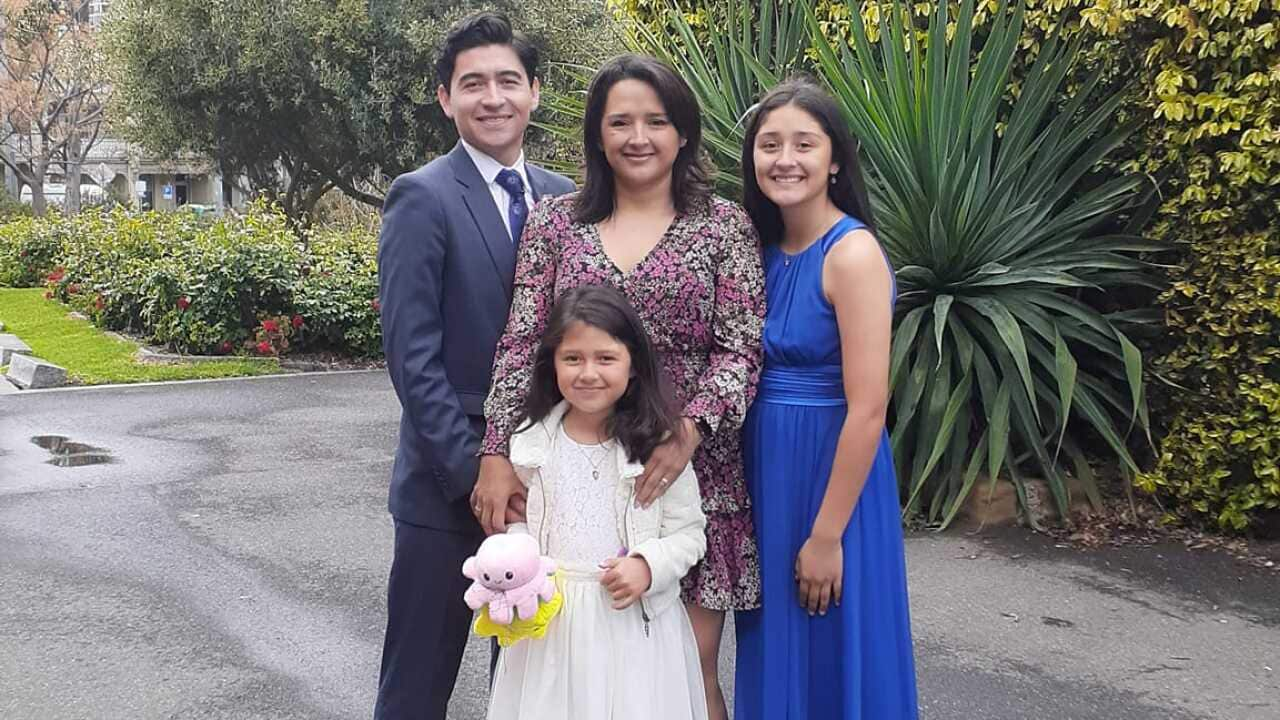Key Points
- Born in Australia to an Argentinian father and a Uruguayan mother, Carlos C Major says he has long struggled for acceptance.
- The singer's new album, 'Latino Australiano', deals with his search for identity.
- Carlos is a former 'The Voice Australia' contestant.
Growing up, Carlos had no doubts about his identity. Spanish was always spoken at home and Latin American music dominated the stereo.
And yet he felt Australian, speaking English at school and on the street.
“I wanted to be Australian, but it was as if many Australians themselves wouldn't let me,” the singer tells SBS Spanish.

Carlos, who rose to prominence as a contestant on TV talent shows Australian Idol and The Voice Australia, says he has constantly had his cultural identity second-guessed, sometimes in well-meaning ways, sometimes more maliciously.
“Although I am Australian, people think that I am from somewhere else because of my appearance,” he says.
All these experiences, accrued over many years, set him in search of an identity that reflects both his Latin heritage and Australian upbringing.
In search of a 'Latino Australiano' identity
In his early teens Carlos grew curious about the tango songs that his father sang and the ranchera music that was played in his house.
That's how he began to reconnect with his South American roots.
However, it wasn't until he had a girlfriend of Chilean origin that he decided to learn to speak Spanish, a language he understood, but spoke very little.
It took 10 years for the composer to find the words and sounds that capture his search for identity.
The resulting album, “Latino Australian”, was recorded with many musicians who share similar backgrounds: they are first-generation Australians, children whose parents emigrated from Spanish-speaking countries.
The album's lead single of the same name contains the lines: “I am from the Australian land / of Latin American blood / creating memories and losing history / a cultural struggle / you can hear my crying / the Latino Australiano will be born”
Carlos explains his thinking behind these lyrics.
My intention with this song [Latino Australiano] is to highlight to future generations the importance of preserving our South American culture through our Australian education.Carlos C Major
“This is a struggle for which I have no answers. I am still looking for my identity, and that is something that for many people never ends.”
Musically the album offers a blend of genres.
Inspired by his singer father, Carlos is determined to preserve Latin rhythms, and you can hear the influence of urban cha-cha and a Cuban timba.
On the other hand, the single also includes the sounds of Indigenous Australian instruments.
Carlos says this is his way of recognising Australia's ancient culture.
Australia for me is not only the English who came and brought their culture, it is also the culture of the Aboriginals who were already here.Carlos C Major.
Musical journey
Carlos's journey on the stage began at the age of 19, when in 2004 he appeared on Australian Idol and finished among the top 30 finalists.
In 2014, he participated in The Voice Australia , where he reached the semi-finals under the guidance of Ricky Martin, jury member and one of the most famous Latin singers of all time.
The two bonded over their Latin connection and shared language.
Today he´s a backup singer on Australian Idol and admits that his years as a contestant are over.
“I have realised that Australia has its culture, and I am Latino and I like music in Spanish, salsa, folk music. Although I like to sing in English, I am also more of a Latin artist. Australia prefers something else that sadly I don't do.”
A new Latin-Australian identity is born
Like many second-generation migrants, Carlos says it's impossible for him to feel 100 per cent Argentinian, Uruguayan or Australian.
A lot of people I've met are in the same situation: born in Australia, but they're Latinos and say they don't feel completely accepted as Australian.Carlos C Major
He believes the descendants of Hispanic emigrants are contributing to the cultural diversity and linguistic richness of Australian society.
Press play at the top of the page to listen to the full interview in Spanish.









